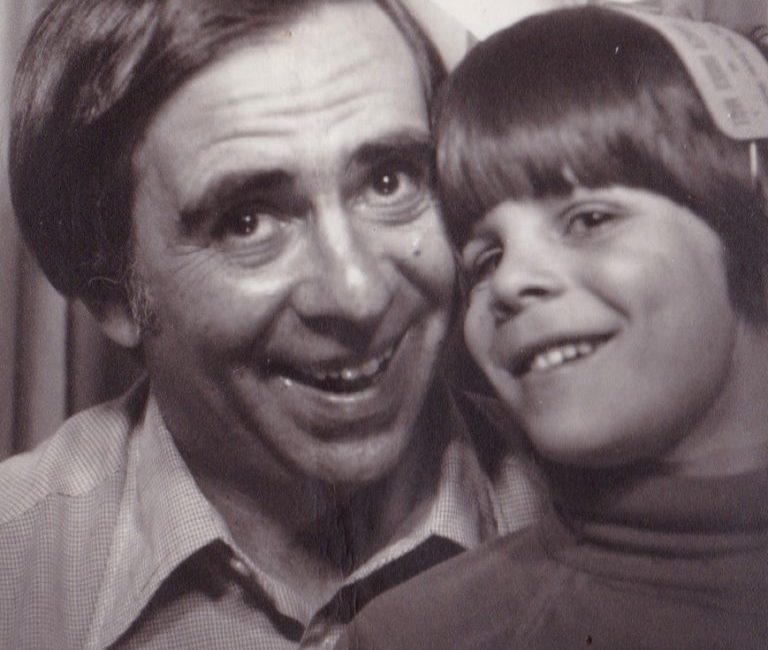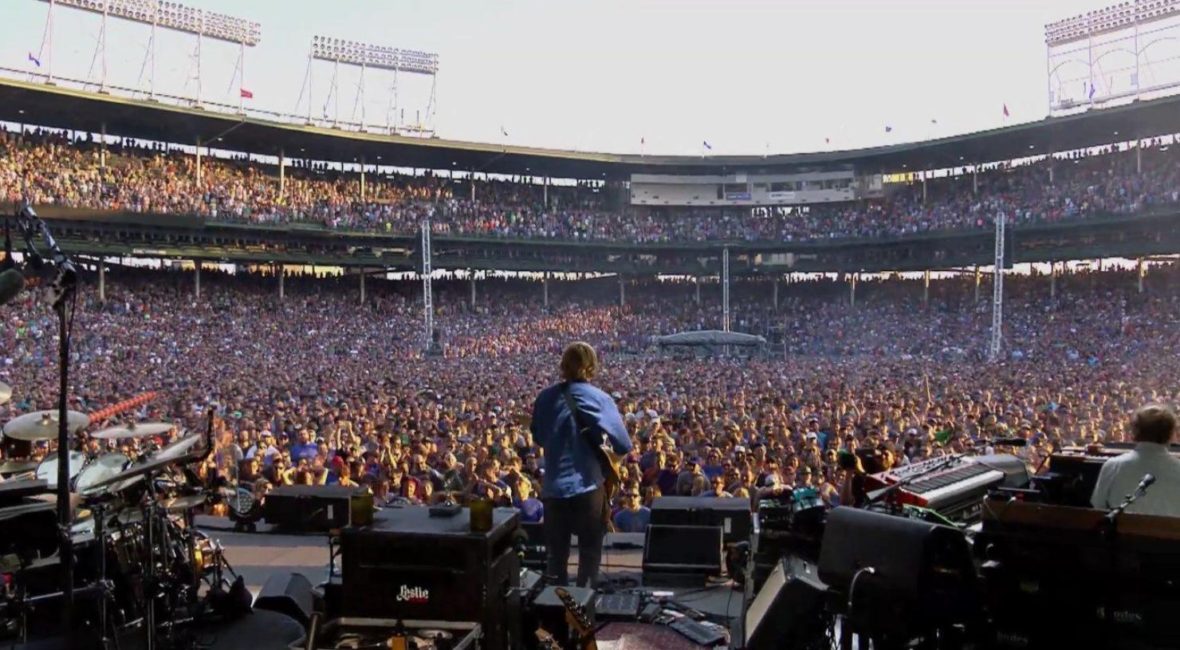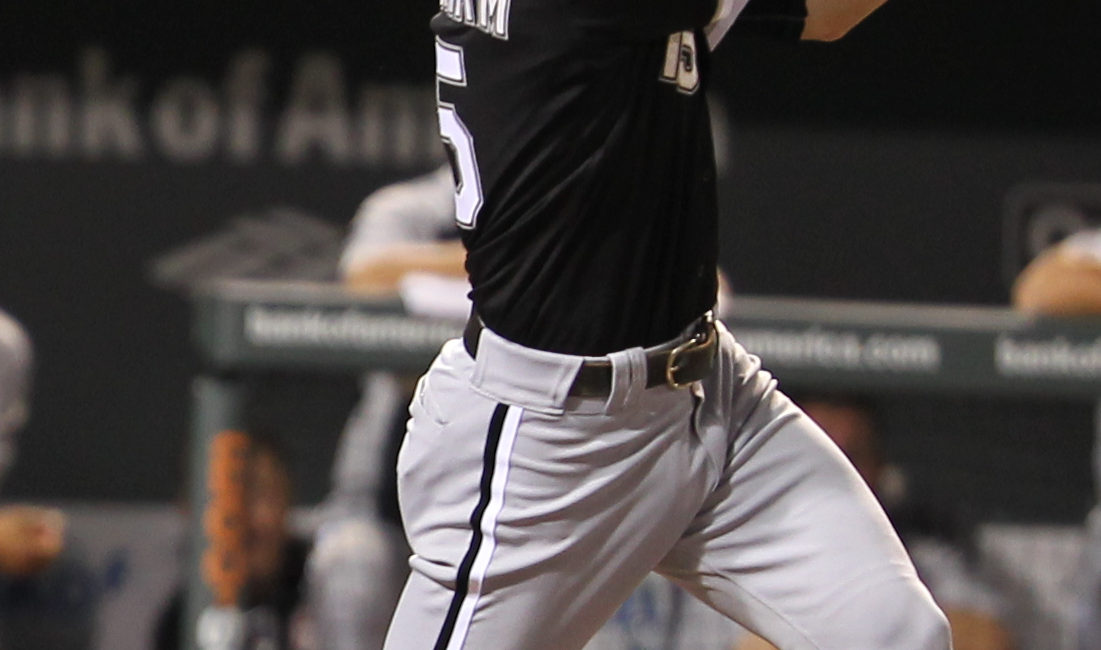My father never really played catch with me.
There were two or three times he threw me grounders in the street as I readied myself for Little League practice. But the playing of the sport itself was not our baseball bond.
Ours was, and is, a baseball bond of information. He likes knowledge, trivia, observation, great stories, and conversation. That’s the stuff.
Herb Spiegel turns 80 this weekend. He is the source of my passion, and laid the foundation for a life of inquisitiveness. Maybe yours did the same.
Herb was 8 years old in 1941. His father took him to Philadelphia that summer to see the A’s host Boston at Shibe Park.
My dad saw Ted Williams in the on-deck circle, and was smitten. That .406 season made him a Red Sox fan for life. To his Yankee fan father, I imagine that played as an act of rebellion.
In thinking about his pending octogenarian status, so many baseball memories flood my mind.
He let me sit with him in the car and be late for a trumpet lesson so we could listen to the 1982 All-Star Game for a while.
He told me Hal Newhouser was the only pitcher to win back-to-back MVP’s. He told me Harry Steinfeldt was the unmentioned third baseman in an infield with Tinkers, Evers, and Chance. He taught me that the Cubs’ Claude Passeau was the man who gave up Ted’s game-winning home run in the ’41 All-Star Game.
He drove me by the traffic circle where the Trenton Giants farm team used to have a stadium. He and my mom saw Willie Mays play there. No wonder I love going to minor-league games.
He told me about Matty, Felipe and Jesus Alou, and then made me aware of the forgotten fourth Alou brother, “Hullub.” It took me a couple years to get that joke.
He brought me to Cooperstown in my early teens, just the two of us. I think we spent about 15 hours at the HOF museum over two days, and still didn’t see everything. Take your kids if you haven’t.
When I was struggling in American History class in seventh grade, Pops sat me down. He made me realize that the baseball trivia that I loved, well, that was history. Knowledge is knowledge. That changed my curiosity forever.
I called him from a party with two outs and two strikes on Gary Carter in Game 6 of the 1986 World Series. I said, “Dad, tape the postgame show, would you?” He said, “I’ve been a Red Sox fan too long, call me when it’s over,” and then hung up on me.
Then Bill Buckner happened.
He told me what it was really like to watch DiMaggio hit, to see Mickey Mantle field, to witness Mays doing everything. He described Rip Sewell’s famed Eephus pitch to me so well that when I finally saw it, I felt like I already had.
People used to ask me why I got so angry at the relentless cheating that the steroid era brought upon the game.
Here’s why: The outsized batting stats have wreaked havoc on the record book, and they’ve damaged the conversations I could have with my father. Jose Canseco and Mark McGwire vs. Roger Maris and Mickey Mantle? We can’t talk about that cleanly.
But we still talk plenty. I like to think the baseball fire in his kids, and grandkids, has kept his sports spark aflame. It’s the least we could do.
So let’s raise a glass to fathers who inspire a passion for knowledge. Here’s to true role models who give us something to shoot for when we become fathers ourselves.
And here’s to mine in particular, who didn’t need to play catch to make me love a game.
Happy 80th, to my favorite baseball fan.




